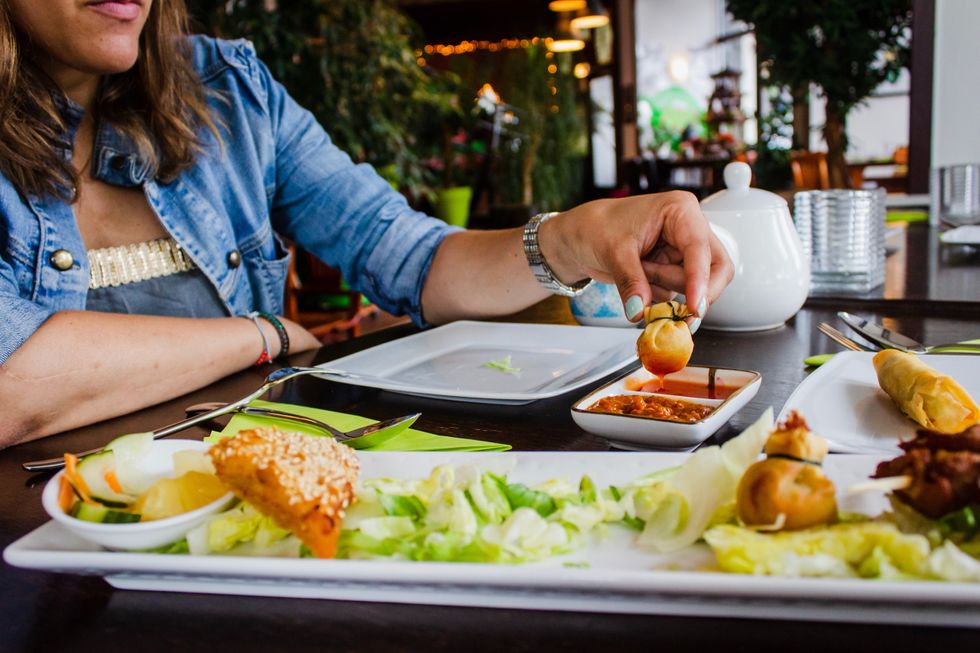I love intermittent fasting. I've been waiting all my adult life for a healthy excuse not to eat breakfast. Cue intermittent fasting. It's becoming almost trendy in its popularity — here are 12 reasons you might want to consider joining the hype!
1. Lots of options
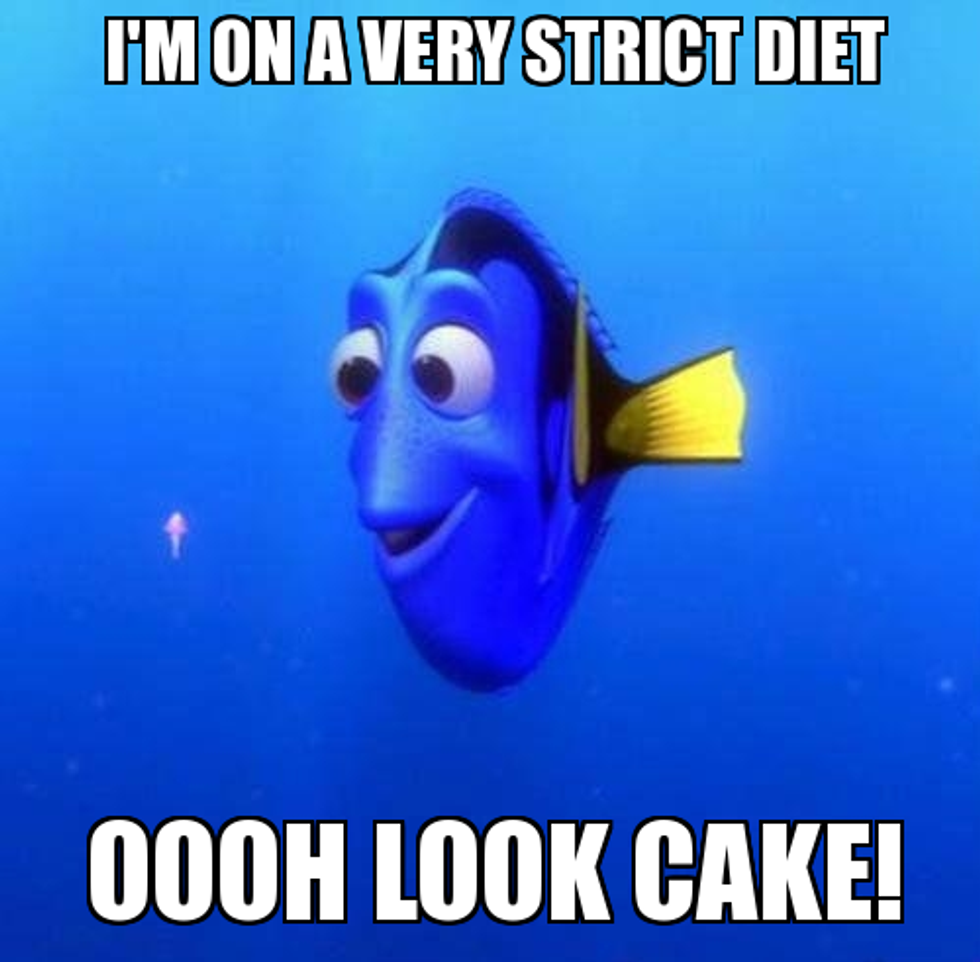
If you've never heard of intermittent fasting, in its simplest form, it's an eating plan that cycles between eating and not-eating: from something as simple as only eating during an eight-hour window per day to fasting in very particular ways several days a week. Three of the most popular methods are:
The 16/8 method: most popular. You eat for 8 hours (say, 12 p.m. - 8 p.m.) and fast for the 16hrs in between.
Eat-stop-eat: Once or twice a week you fast for 24hrs (or eat very little).
The 5:2 diet: You eat only 500-600 calories on two days and eat normally the other 5 days.
2. You're SUPPOSED to skip breakfast

Okay, the most exciting perk of IF for me was being able to skip breakfast, and feel proud (not guilty) of it. For so long, breakfast has been talked up as the most important meal of the day, and how many negative health consequences can arise from skipping it. So I tried. I tried to eat breakfast! But I just could not eat upon first awakening, and especially not the sort of breakfast we're "supposed" to eat: a hearty one full of proteins and greens and carbs.
Eating too much food when I first got up made me feel nauseous. I couldn't eat a full meal till hours after — and I didn't have that sort of time in the morning before needing to leave for work. The best I could do was eat a piece of fruit or make a smoothie, and even that would be too much for my stomach sometimes. Even trying to make myself hungry, I couldn't make my body be hungry for a giant meal in the morning.
So imagine how happy I was when I found a way of eating that insisted we skip breakfast rather than insisting I force it down my throat regardless of if I wanted it or not. IF assured me that there are health reasons to skip breakfast and that I can gleefully skip it if I want and justify it to other people. This is probably the reason I'm happiest about IF — it encourages me to listen to my body and not eat food first thing in the morning, despite the hype about it being the most important meal of the day.
3. Listening to your body — you only eat when hungry

Speaking of listening to your body, IF created a way of eating that, for me, built listening-to-my-body in as an integral part of it. I follow a loose version of IF where I wait till I'm hungry to break my fast. Some days this is 11 a.m., some days this is 4 p.m. By taking out the need to "eat breakfast in the morning," I can eat breakfast whenever my body needs it.
Eliminating the need to eat breakfast at a specific time every morning allows me to find the time that my body needs to eat that day. Now that the rule to eat breakfast is gone, I am only bound by me and my body's needs. I eat when I'm hungry, not when I should.
IF is not a diet, it's a dieting pattern. It's not a "eat this, not that" like a traditional diet, but more like a philosophy — a way of life.
Conversely, when I'm hungry, I take the time to see when my body will be full. It's really easy when I'm hungry to just eat three pieces of pizza, but I know that my hunger will be satisfied with two. So I eat a moderate amount, wait a bit to let the food make its way to my stomach, and only then — if I'm still hungry — do I eat more.
4. Helps you not eat late at night
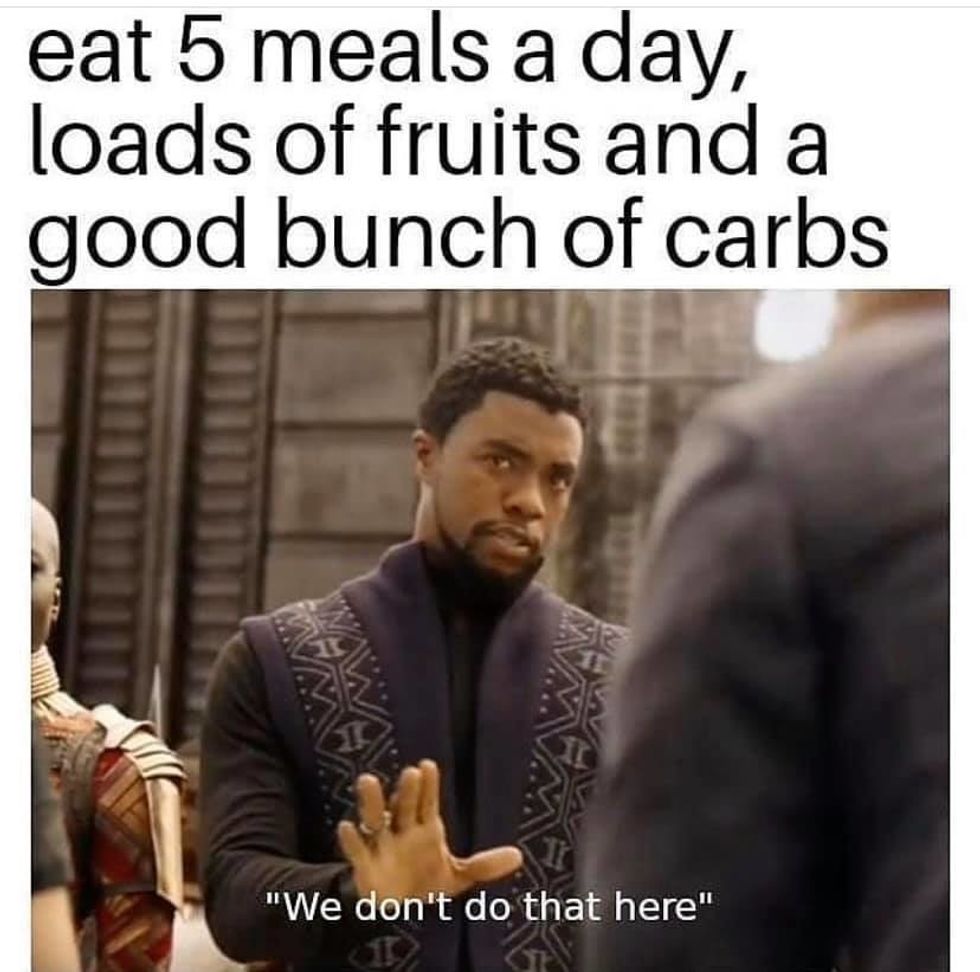
IF has mixed research on how late you should eat your final meal. Similar to the above point, my method is to have a general guideline of not eating dinner later than 7:30 p.m. and to break that if I'm hungry and need to eat later anyway.
Whenever I eat a big meal late at night, I always wake up far hungrier than I do normally. This shows me that my body functions better when I don't eat late at night. So I try to eat my dinner around 6 p.m. and if I eat later, it's something light like popcorn or a dessert. Again, this is just honoring when your body needs nutrition and a heavy meal.
Also, what foods do we typically eat after 9 p.m.? Is it carrot sticks and an apple? Or more typically pizza and ice cream and cookies? Cutting down on eating late at night helps eliminate munchy, empty calories.5. It's not about new artificial rules
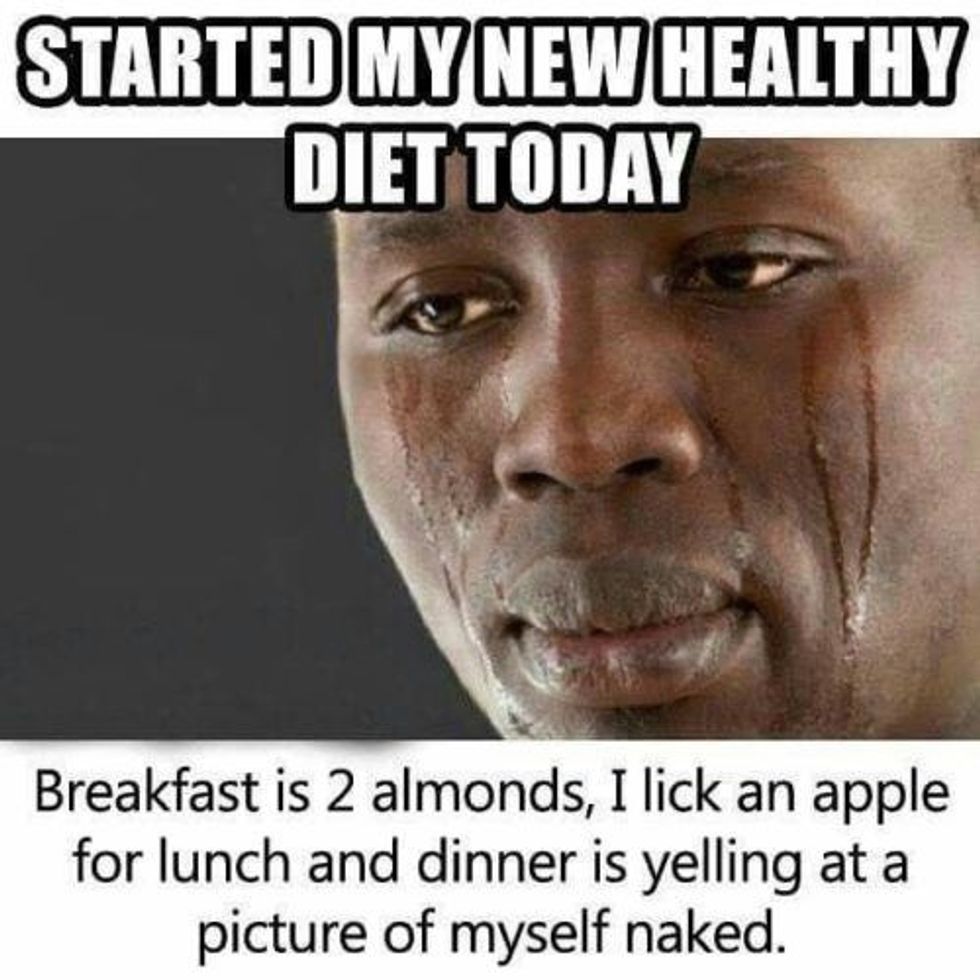
In that same vein — unless you decide you really want to stick to a specific IF timetable, no exceptions — I'd encourage you to not add new rigid diet rules into your life, but rather view IF as a way of eating: as patterns and principles, not rules.
If you wake up in the morning and you're ravenous: eat! If you get really hungry late at night: eat! Don't starve yourself just for the point of a new diet. Honor what your body is telling you it needs.
Even on your fast days, you can eat up to 500 calories and still maintain IF — which, if you use those calories thoughtfully, is enough to make sure you're not ravenous and miserable on those days.
And pangs of hunger are habitual, which means that as you do IF, your body will learn to not be hungry early in the morning, which will help you break your fast at lunchtime, and (if you're doing fast days), help you not be too hungry during them.
6. IF encourages healthy foods
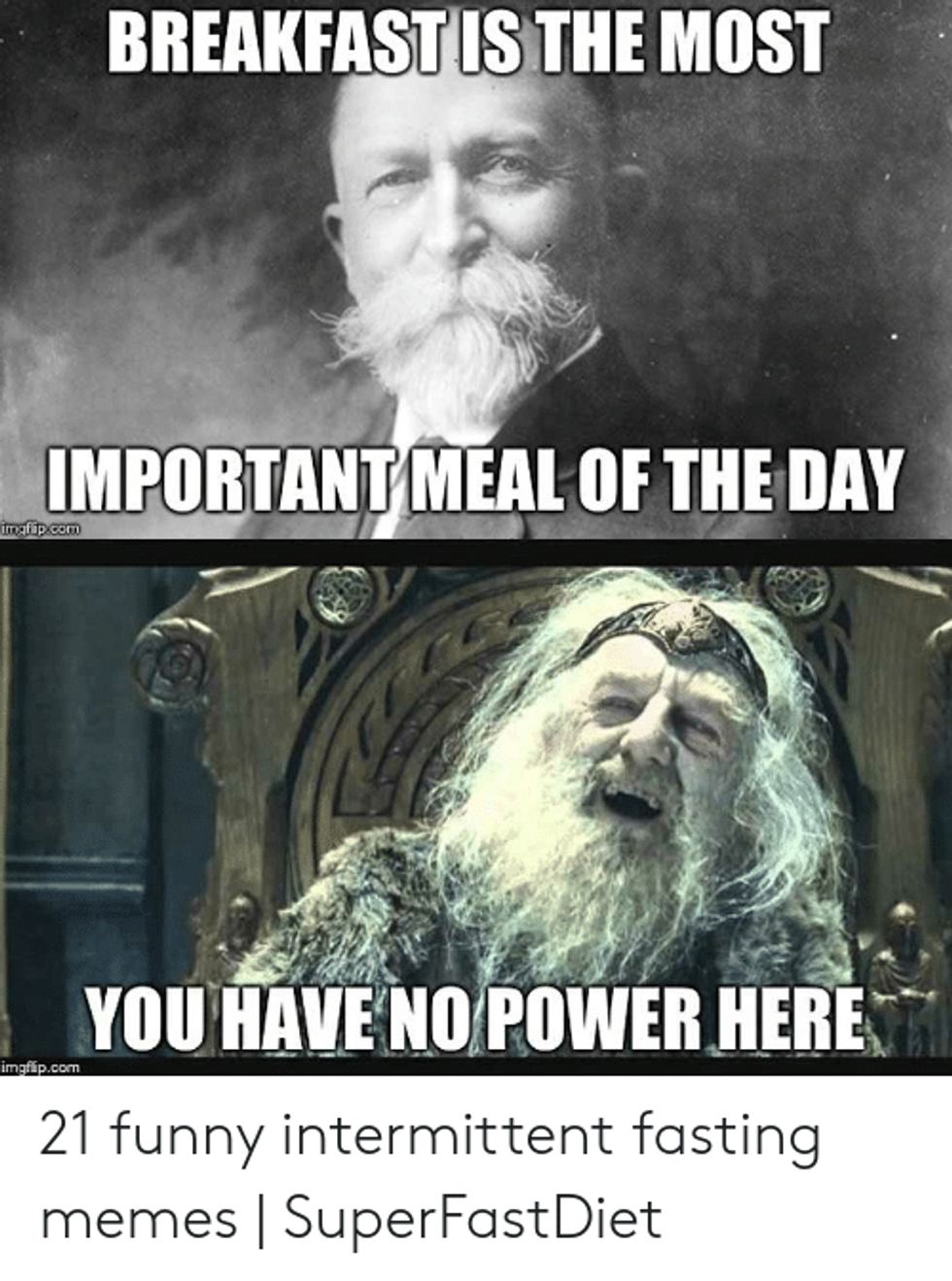
So you now skip breakfast intentionally and don't eat late at night, following a loose 16:8 rule. Great! But if you break your fast with donuts and cereal and milk and then eat junk the rest of the day, it'll just make you feel worse. When you're only eating a limited number of hours during the day, IF encourages mindfulness in what you're choosing to fill that eating time with.
With a narrowed window of when I can eat, IF cuts down on my eating options and forces an awareness of what I'm putting into my body.
7. It gives your body a break
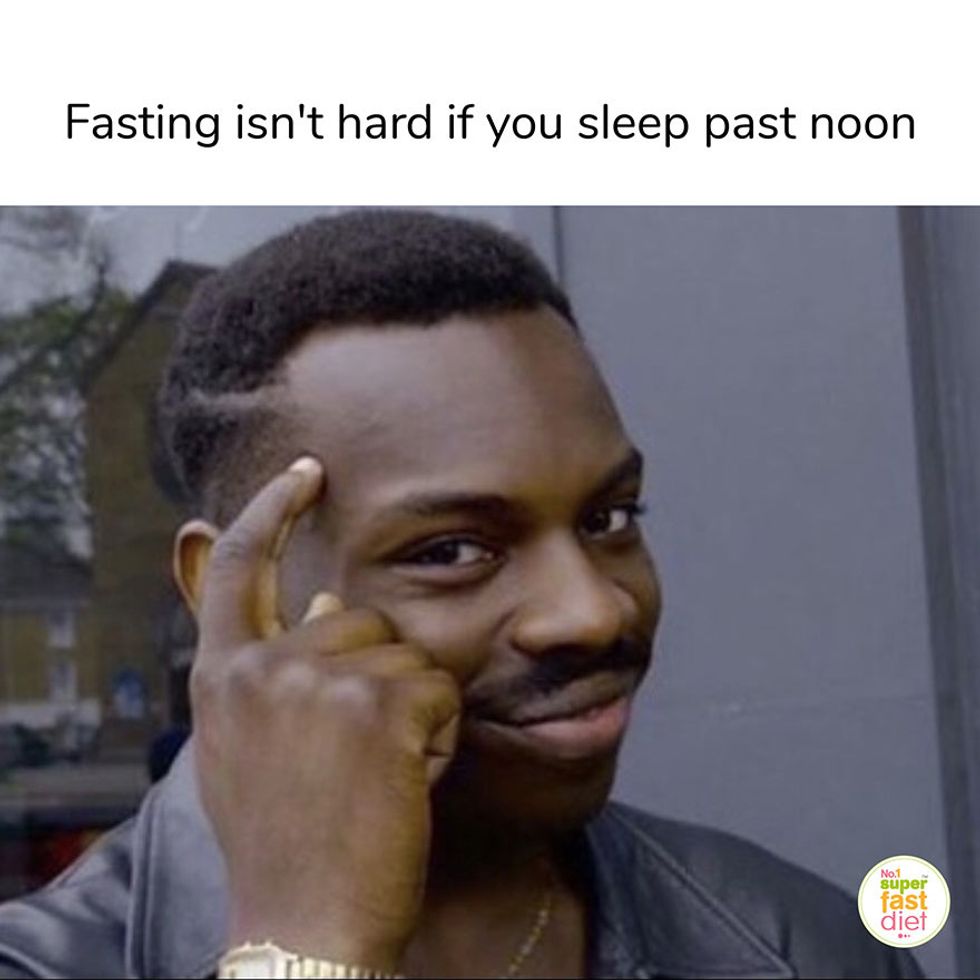
Sometimes food can hurt our bodies! You can only spend ten minutes researching the reasonings behind IBS diets to realize that foods we're told are really good for us can — in fact — be actually really bad for some of us. Vegetarian diets have persuasive reasons we should swear off meat, the carnivore diet has convincing reasons we should swear off veggies. With all this confusing scholarship about foods and their various impacts on our bodies, giving our GI systems a chance to rest and reset can be really healing.
I have celiac disease, so my GI system has been struggling for years. Anyone who experiences GI distress can benefit from the reset that fasting gives your body. Considering my complicated relationship and struggles with food, sometimes it's nice to just not worry about that for a while by taking it off the table entirely. Without the stress put on our bodies by digestion, fasting can allow our digestive organs to take a break, and our body can then better concentrate on healing other areas of our body.
8. You save money on groceries

OK, but for real.
I don't eat breakfast at all, and eat two meals a day at most — sometimes it's just one meal and a snack. By eating just 1-2 meals a day & a snack (usually homemade popcorn, which is very cheap itself), I definitely save money on groceries. I wouldn't suggest skipping meals just to save money — but let's be honest, it's a perk.
9. You save time
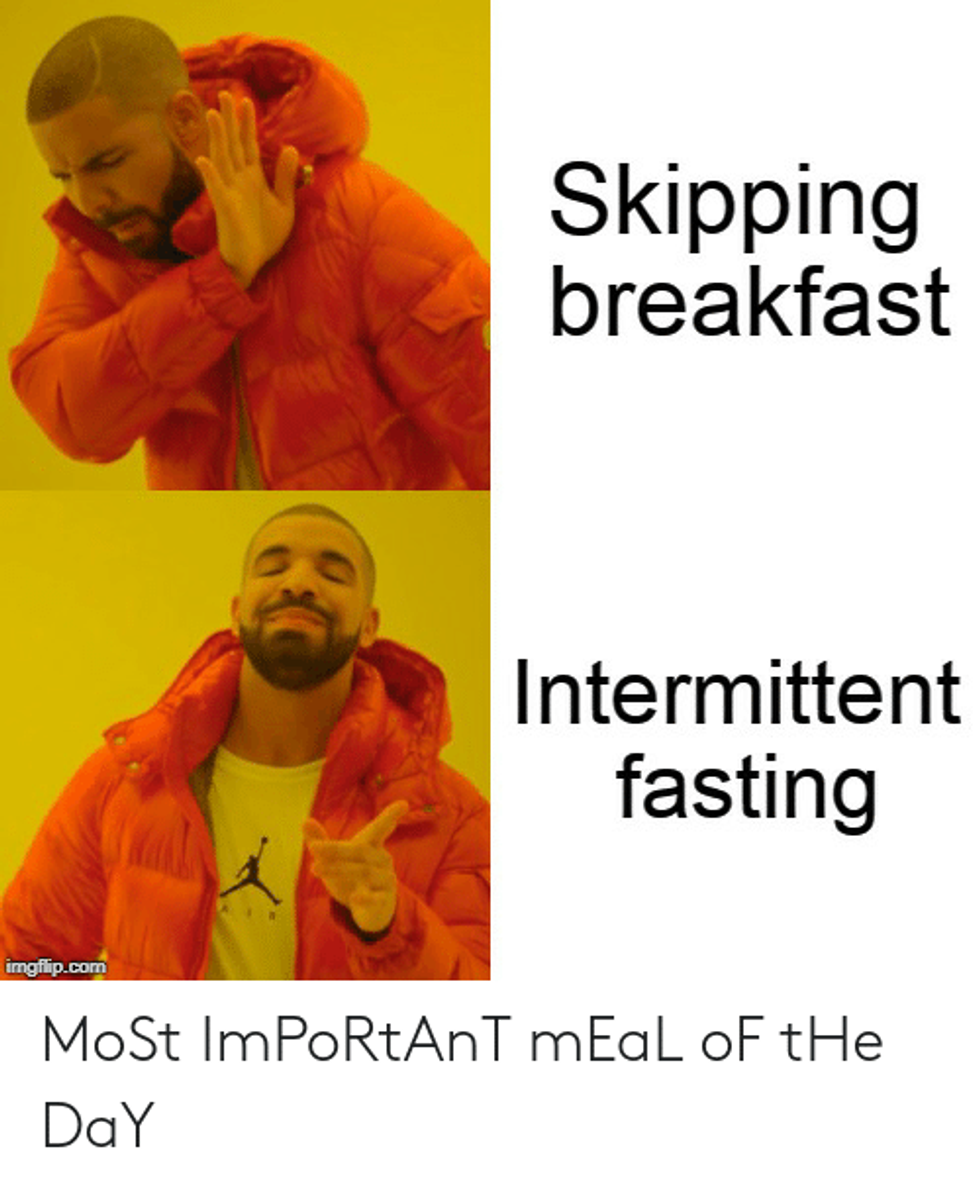
While we're talking about saving money — IF also saves you time. No longer do you need to make three meals a day. By just cutting out one meal, you reduce your meal prep time by a third.
10. Fasting boosts your immune system
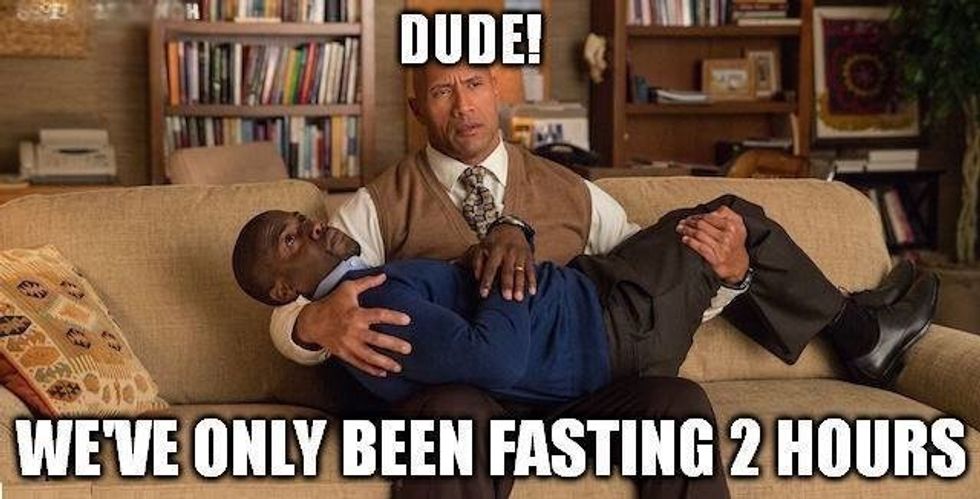
Fasting can actually help boost your immune system. Apparently, the "mammalian target of rapamycin," or mTor, regulates the growth and survival of your cells, but also is involved with the onset of cancer, aging, and dying. Fasting actually inhibits mTor.
A study of a senior home with alternate-day dieting showed that fasting increased the lifespan and health of the seniors there.
I'm immuno-suppressed right now, and — especially with flu season coming on — my immune system can take all the help it can get. It feels very empowering that how I eat can help contribute to its health.
11. Helps you lose or maintain weight
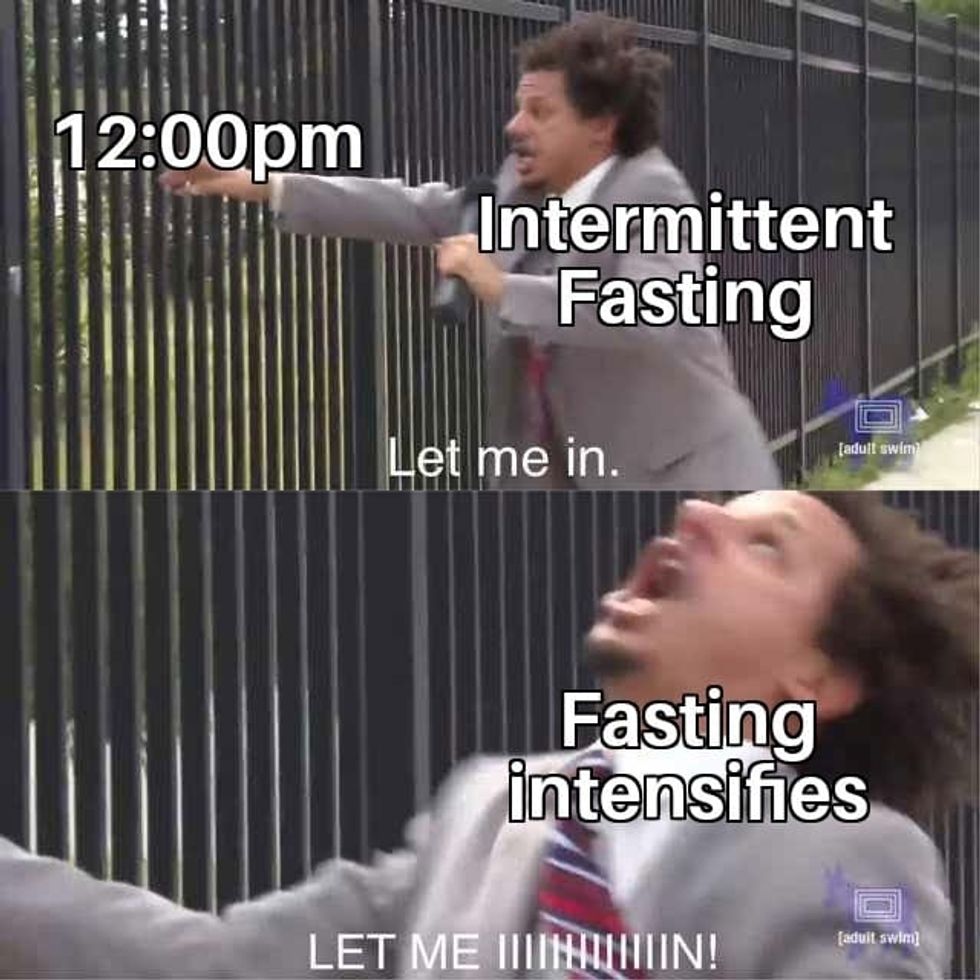
Intermittent fasting (IF) helps you lose weight because you cut out calories from your regular diet and don't compensate for them when you do eat. When you fast, your body increases its ability to burn the harder-to-get-to-fat areas (like belly fat) and increases your fat oxidation.
Contrary to popular belief, IF holds that skipping breakfast (if done right) can actually help with weight loss.
Since you're maximizing your body's ability to burn fat during fasting periods while not increasing your calories, you'll naturally lose weight. And since you're eatingwell during the eating periods, if you want to maintain weight, you can too.
I don't want to lose weight, but I certainly don't want to gain anymore — I appreciate that I can eat almost anything I want within moderation and still enjoy treats and not have to worry about gaining weight.
12. The mindset behind IF encourages new healthy patterns
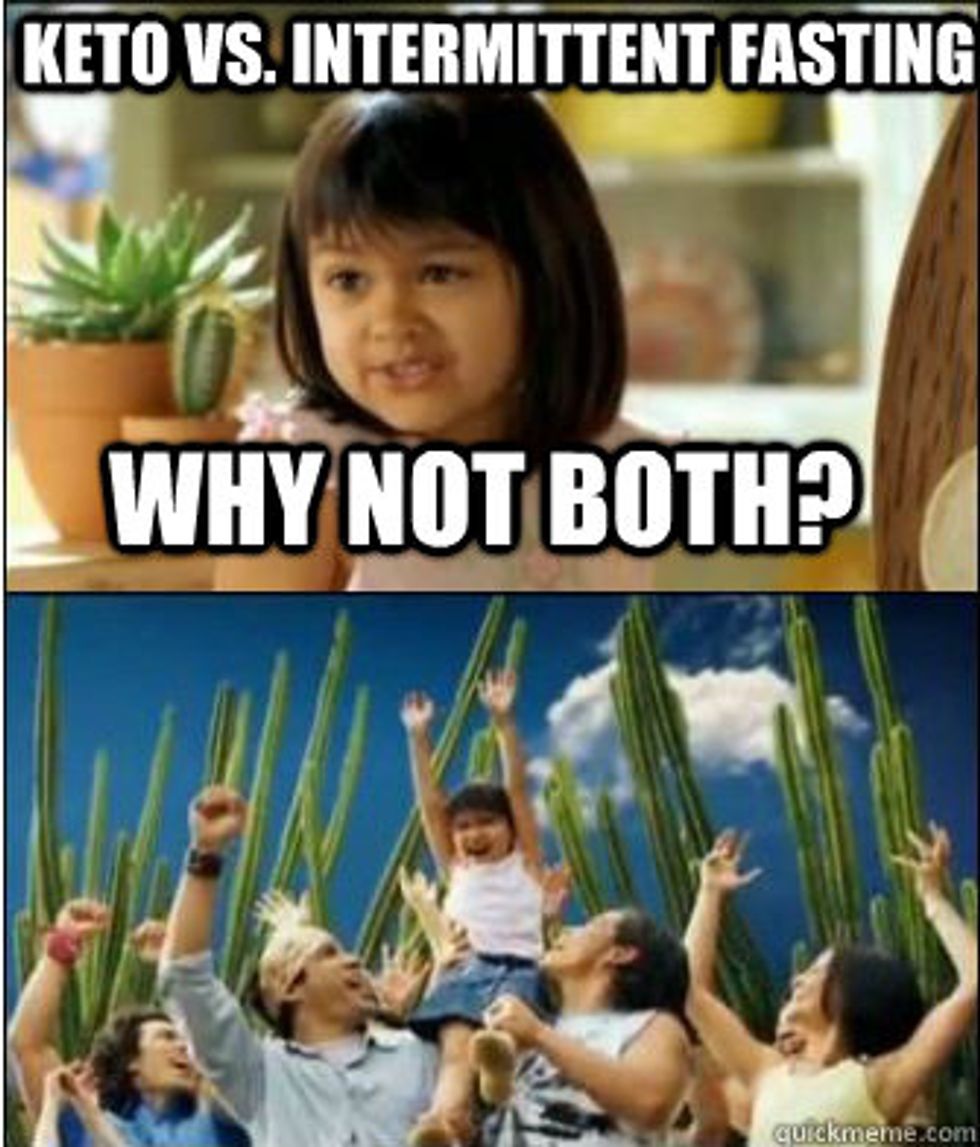
Viewing IF as a way of life — a thing you use to understand and best support your body, rather than a thing that controls you — has altered the way I look at food. I can tell what sort of food my body needs just by listening to what it's craving.
Yes, of course, I crave sweets and crunchy chips and ice cream. I'm not talking about that sort of craving. I've craved spinach for years, and when I discovered I was anemic, it was a lightbulb moment. My body tells me what it needs if I listen to it — of course, it was craving the iron in spinach. I consistently crave berries — especially blueberries — and that's because my immune system needs antioxidants and vitamin C, and my at-risk-celiac-bones need iron and zinc and calcium.
With breaking the fast being a significant part of IF, what you break your fast with is also significant. This has created in me being especially mindful of the foods which I choose to start my day. I'm much more likely to eat a healthy meal to break my fast and set me up for a healthy day, rather than an anything-goes breakfast style. The mindset of "how I start this thing in my day will affect the rest of my day" has bled over into other areas of my life. The days where I start my day with a cup of tea in my solarium and twenty minutes of a good book are some of my better days than the ones where I rush out the door.
Only eating when I'm hungry frees up my mind from constantly thinking about food and what I want to eat, to when I need to eat. If I'm thinking about food early in the morning and really tempted to eat ice cream for breakfast (it's a real thing, stop judging me), but check in with my body and realize I'm not hungry yet, it frees that mental energy to focus on other things. Having specific times you do and don't eat lets you focus on other things.
I love intermittent fasting and the awareness and freedom it's brought me. Give it a try and see if some version of it might be right for you!

